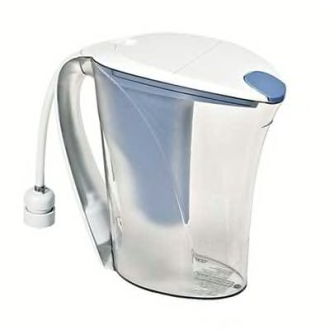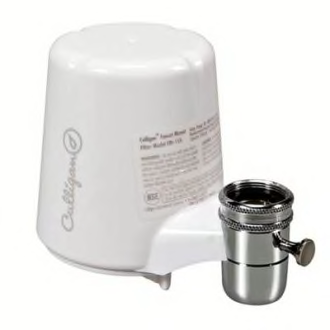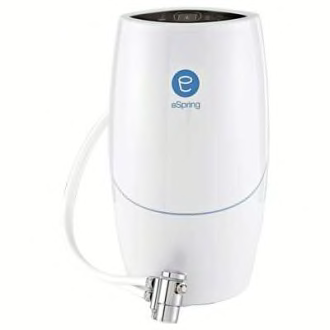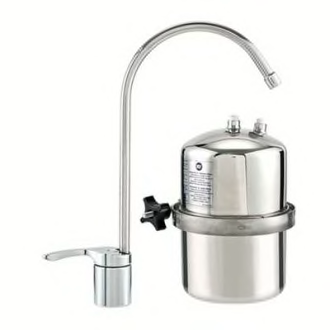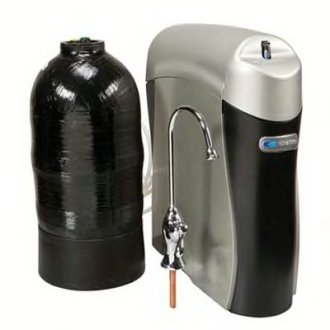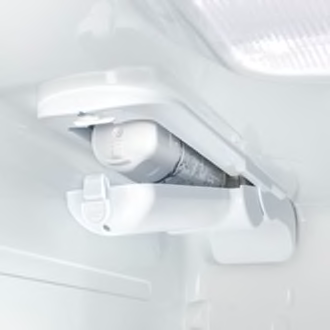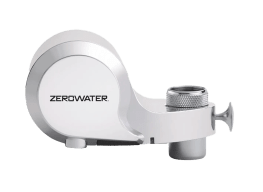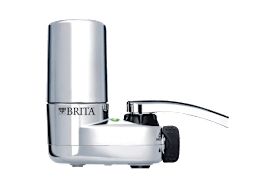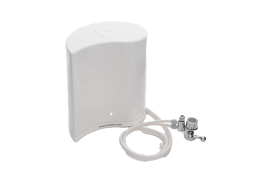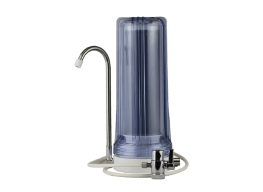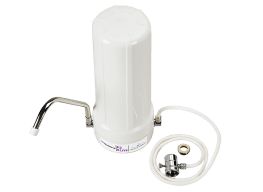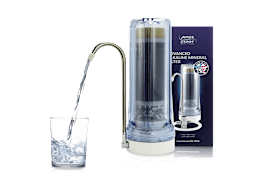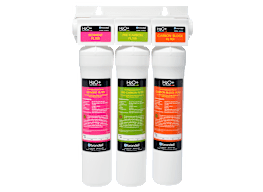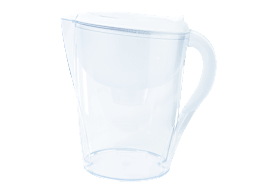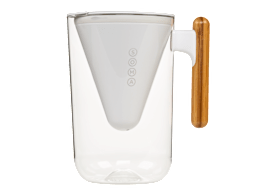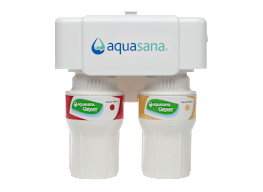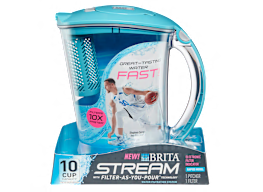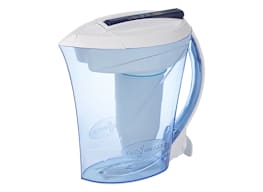The Environmental Protection Agency requires community water suppliers to provide a Consumer Confidence Report to customers every July. A CCR states the levels of regulated contaminants detected in the water and how they compare with the EPA’s drinking water standards. If you rent an apartment, contact your building manager or local water company for a copy.
Community water systems providing water to 100,000 people or more must post the reports online. If you use well water, you won’t have a CCR because the EPA doesn’t regulate private wells. In that case, check with the Centers for Disease Control and Prevention for information on well testing and treatment.
The water quality report tells you about the water delivered to your house, but if it was built before lead-free pipes were mandated in 1986, you may want to do your own tests for lead. There’s no safe level of lead exposure, according to the EPA.
Some advocacy groups and consumers feel the same about PFAS (per- and polyfluoroalkyl substances), a group of more than 12,000 synthetic chemicals that persist in the environment and are thought to be detrimental to human health. According to a 2023 study by the U.S. Geological Survey, at least 45 percent of the nation’s tap water is contaminated with PFAS, which are linked to obesity, cancer, learning delays in children, and thyroid disease. In the 2021 CR-Guardian study, almost every test sample had measurable levels of PFAS, and more than 35 percent exceeded the maximum safety threshold specified by CR scientists and other health experts. The Environmental Working Group, an advocacy organization, estimates that more than 3,000 communities in all 50 states and two territories have drinking water contaminated with PFAS.
Tap water crises, state legislation, and public awareness nudged the EPA to propose new federal limits on six different PFAS in drinking water, including PFOA and PFOS, two of the most studied.
Few utilities currently test for PFAS. If yours doesn’t, or if you use well water, you can get your water tested by an EPA-certified lab like SimpleLab or WaterCheck from National Testing Laboratories. But be prepared to shell out a few hundred dollars. In addition to its list of certified labs, the EPA offers a Safe Drinking Water Hotline at 800-426-4791. For more on testing your water, see our interactive guide.

















